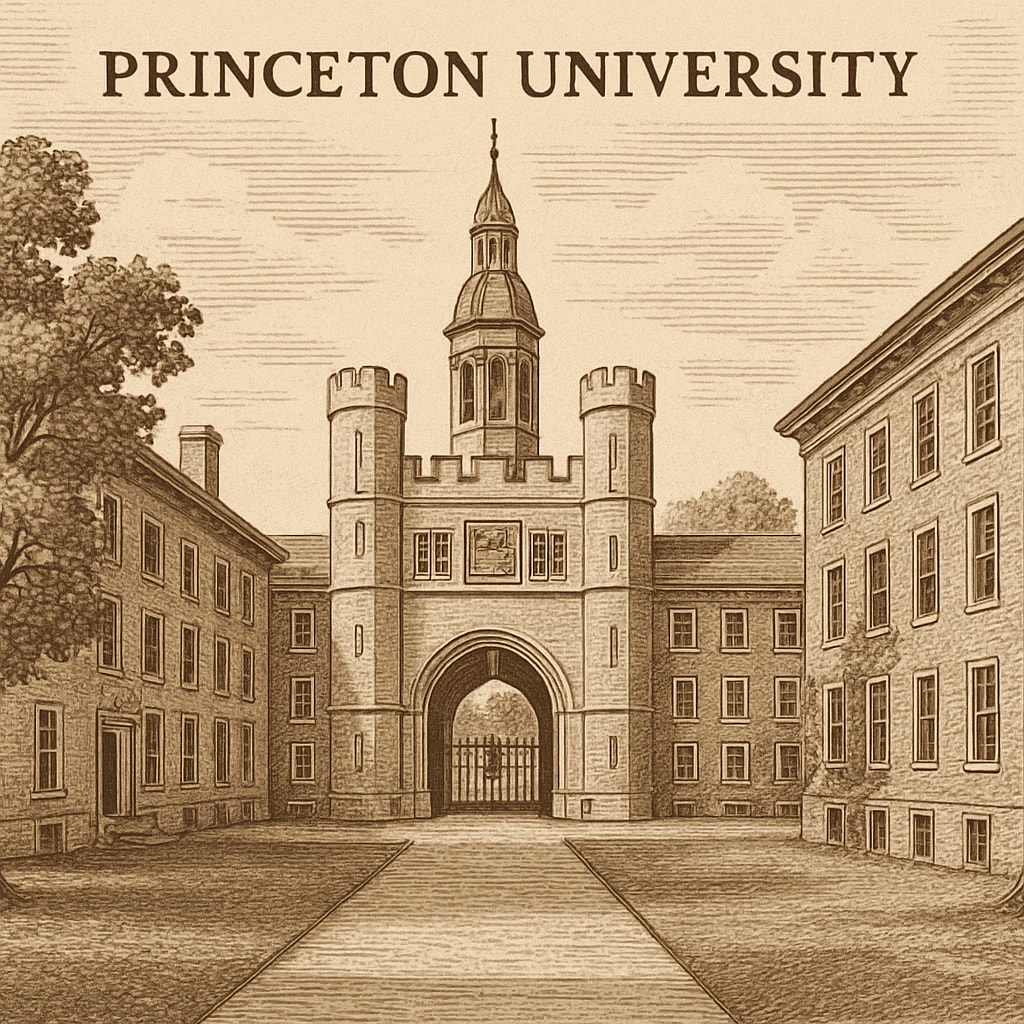Princeton University, as part of the prestigious Ivy League, often stands as a symbol of academic excellence and elite education. However, in recent years, questions have surfaced about whether its reputation—and that of its Ivy League peers—is overrated. Are these institutions truly the paragons of higher education, or is their prestige sustained by tradition rather than substance? This article delves into the heart of this debate, analyzing whether the celebrated status of Ivy League schools aligns with the core values of education.
The Origins of Ivy League Prestige
The Ivy League’s reputation is deeply rooted in history, tradition, and exclusivity. Founded in the 17th and 18th centuries, these institutions, including Princeton, have long been associated with producing influential leaders, groundbreaking research, and a network of powerful alumni. However, the modern world has shifted considerably, and some argue that these historic advantages no longer guarantee superior educational outcomes. For example, while Ivy League schools boast low acceptance rates, this exclusivity may reflect their popularity more than their ability to provide exceptional education for every admitted student.

Are Ivy League Schools Overrated?
One key criticism of Ivy League schools is the perception that their prestige is inflated. Princeton, for instance, is celebrated for its rigorous academics and gorgeous campus, but does it consistently outperform other institutions in terms of nurturing diverse talents and fostering innovation? Studies, such as those from public universities or international institutions, often demonstrate that educational quality and student success can be equally high—or even higher—outside the Ivy League. For instance, institutions like MIT or Stanford, which are not part of the Ivy League, frequently surpass their Ivy counterparts in research output and technological advancements (Stanford University on Britannica).
Moreover, critics argue that the Ivy League’s dominance in rankings is influenced by factors unrelated to education quality, such as alumni donations, endowment size, and historical prestige. This raises the question: Are we conflating institutional wealth and exclusivity with true educational value?
The Limitations of Elite Education
While Ivy League institutions like Princeton provide outstanding resources, their limitations cannot be ignored. One major issue is accessibility. Despite efforts to increase financial aid, these universities remain out of reach for many talented students due to high costs and rigorous admissions standards. Additionally, the emphasis on prestige can foster a culture of elitism, where the focus shifts from learning and intellectual growth to maintaining social status and career advantages.
Another concern is the lack of diversity in perspectives. Elite institutions often prioritize traditional academic disciplines and established norms, which may stifle creativity and innovation. In contrast, many public universities and liberal arts colleges offer more diverse educational approaches, preparing students for a rapidly changing world.

Reevaluating the Value of Higher Education
Rather than focusing solely on prestige, it is essential to assess higher education institutions based on broader criteria. These include the quality of teaching, diversity of thought, real-world impact, and the ability to foster critical thinking and adaptability in students. For example, public universities like the University of California system or international institutions such as ETH Zurich have earned global acclaim for their innovative programs and inclusive approach to education (ETH Zurich on Wikipedia).
In addition, the rise of online education platforms and alternative learning models is challenging the monopoly of traditional universities. Programs like Coursera or Khan Academy demonstrate that high-quality education is no longer confined to elite campuses, suggesting that the future of learning may be more democratized and accessible.
Final Thoughts: Is the Ivy League Still Relevant?
The Ivy League, including Princeton, undoubtedly plays a significant role in the history and evolution of higher education. However, its reputation as the ultimate educational ideal may no longer hold up under critical scrutiny. While these institutions excel in certain areas, their limitations highlight the need for a more inclusive and diverse understanding of what constitutes educational excellence.
Ultimately, the value of an education should not be determined by a university’s name or ranking but by its ability to empower students to think critically, innovate, and contribute meaningfully to society. As we move forward, it is crucial to broaden our perspective and recognize that excellence in education can take many forms beyond the Ivy League’s traditional framework.
Readability guidance: This article uses short paragraphs, clear transitions, and examples to maintain reader engagement. The use of external links and balanced arguments ensures credibility while minimizing bias.


